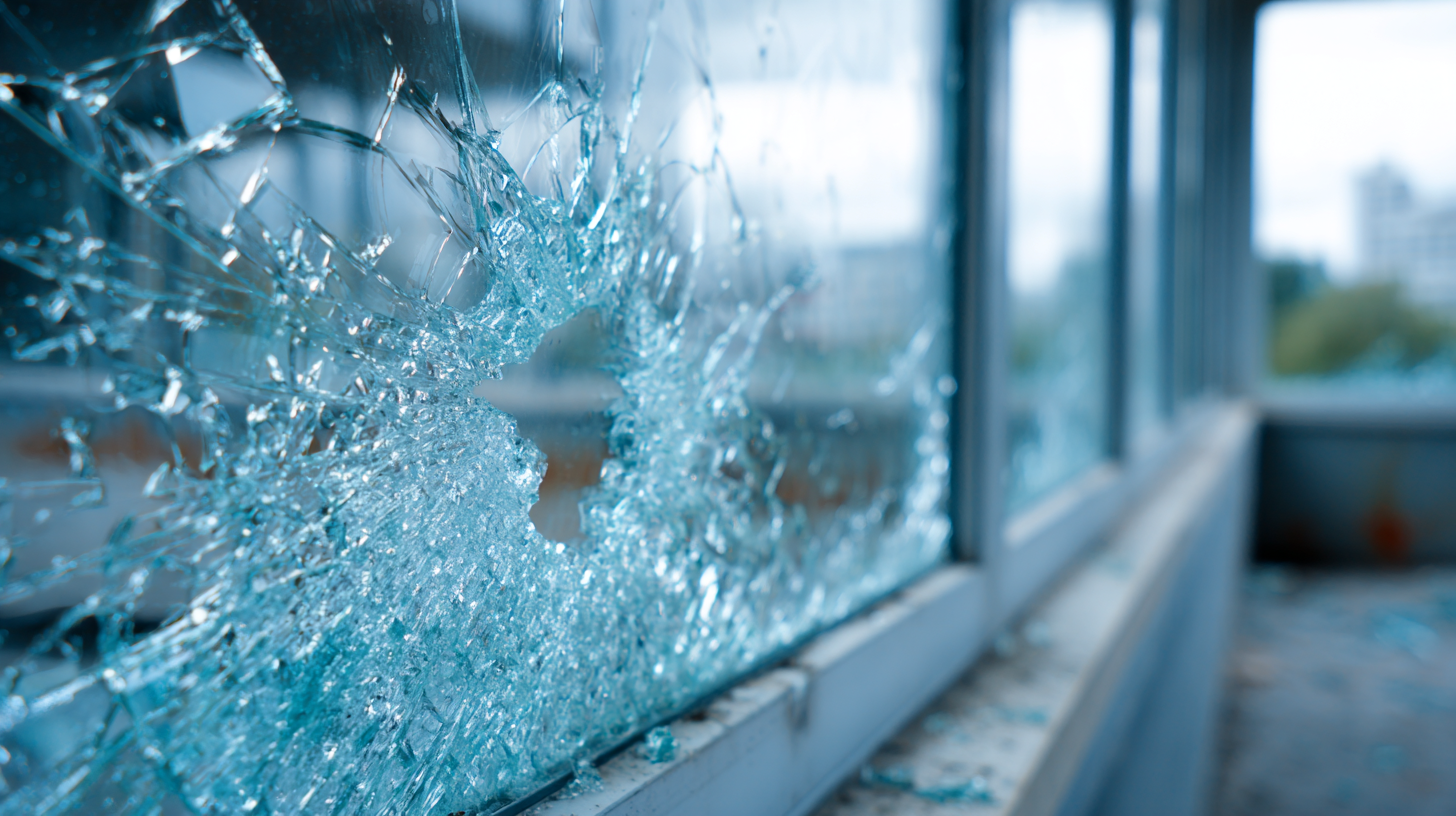 In the wake of increasingly severe weather patterns, particularly in regions like Florida, the importance of installing hurricane impact windows cannot be overstated. According to the National Oceanic and Atmospheric Administration (NOAA), Florida has experienced over 30 major hurricanes since 2000, heightening the need for buildings that can withstand such events. Hurricane impact windows not only enhance the resilience of homes and commercial properties against flying debris and high winds, but they are also essential for complying with Florida’s stringent building code standards.
In the wake of increasingly severe weather patterns, particularly in regions like Florida, the importance of installing hurricane impact windows cannot be overstated. According to the National Oceanic and Atmospheric Administration (NOAA), Florida has experienced over 30 major hurricanes since 2000, heightening the need for buildings that can withstand such events. Hurricane impact windows not only enhance the resilience of homes and commercial properties against flying debris and high winds, but they are also essential for complying with Florida’s stringent building code standards.
These standards dictate that windows must be able to endure specific levels of pressure and impact, as outlined in the Florida Building Code. With the right choice of hurricane impact windows, property owners can significantly increase safety, reduce the risk of damage during storms, and potentially lower insurance costs, making informed selection crucial for both compliance and protection against the unpredictable fury of nature.
When selecting hurricane impact windows in Florida, it is crucial to understand the specific building code requirements set forth by the state. Florida's Building Code mandates that windows used in hurricane-prone areas must undergo rigorous testing for impact resistance, ensuring they can withstand flying debris during severe weather events. This includes adherence to design pressures, which are vital for maintaining the integrity of the structure. Homeowners should verify that the windows are tested and certified to meet these stringent criteria, often indicated by labels from approved testing agencies.
**Tips:** When researching hurricane impact windows, consider looking for products that have passed the Miami-Dade County testing, as this is one of the strictest certification processes. Additionally, consult with local building officials to ensure the windows align with any local amendments or extra regulations that may apply.
Another essential factor to consider is the installation process. Proper installation is as critical as the quality of the windows themselves, as it greatly impacts their effectiveness during a hurricane. Hiring experienced, licensed contractors familiar with Florida’s building codes can significantly enhance the protective capabilities of your windows.
**Tips:** Always request references and verify the contractor's credentials before hiring. Furthermore, ensure your chosen windows come with a comprehensive warranty that addresses both the product and installation defects.
When selecting hurricane impact windows that comply with Florida building code standards, it's essential to focus on certain key features to ensure safety and durability. First, look for windows that have been tested and certified by the American Society for Testing and Materials (ASTM). These windows undergo rigorous testing to withstand high winds and flying debris, which are common during hurricanes. Additionally, consider the window's frame material; options such as vinyl or aluminum offer better resistance and longevity compared to wood.
**Tips:** Ensure that the windows you choose have a sufficient wind-load rating that suits your specific location in Florida. It’s advisable to consult with local building codes and guidelines to choose the correct rating. Also, make sure that the windows come with a manufacturer’s warranty, which can be crucial for long-term maintenance.
Another crucial feature to consider is the type of glazing used. Double or even triple-pane glass can significantly enhance the strength and insulation of your windows. Look for impact-resistant glass that includes a layer of polyvinyl butyral (PVB) between the panes, which helps prevent shattering upon impact.
**Tips:** Don’t overlook the importance of proper installation. Even the best windows can fail if not installed correctly. Hire certified professionals who understand the specific requirements of Florida’s building codes to ensure that your windows are both effective and compliant.
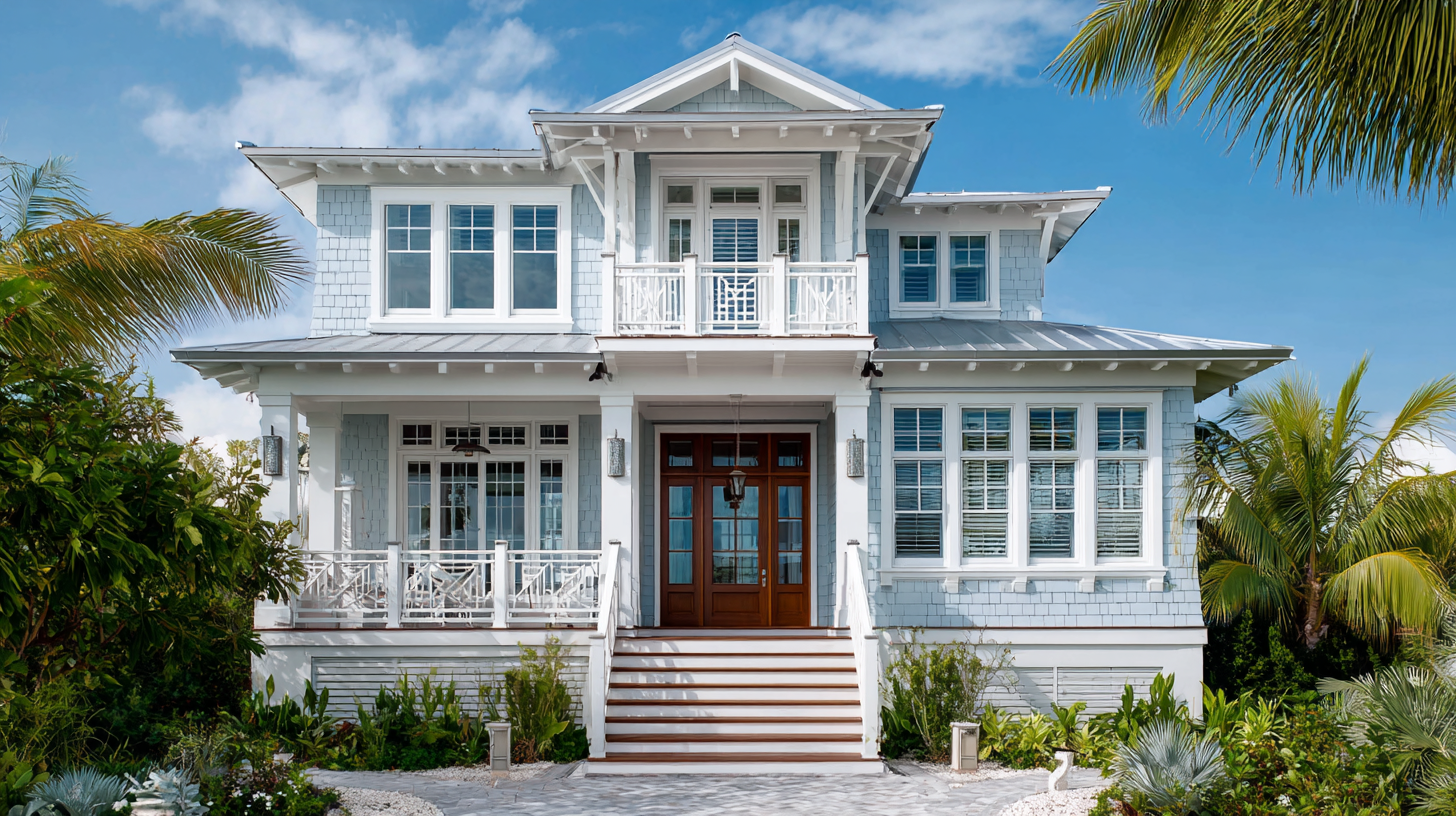 When selecting hurricane impact windows that comply with Florida building code standards, the durability of window materials is paramount. With the threat of hurricane winds reaching speeds of over 130 mph, it is crucial to understand which materials can endure such pressures. Recent tests reveal that composite materials and reinforced glass options provide exceptional resistance against wind and rain, making them ideal choices for homeowners in hurricane-prone areas. Additionally, window frames made of vinyl or aluminum have been shown to withstand corrosion and maintain structural integrity during extreme weather events.
When selecting hurricane impact windows that comply with Florida building code standards, the durability of window materials is paramount. With the threat of hurricane winds reaching speeds of over 130 mph, it is crucial to understand which materials can endure such pressures. Recent tests reveal that composite materials and reinforced glass options provide exceptional resistance against wind and rain, making them ideal choices for homeowners in hurricane-prone areas. Additionally, window frames made of vinyl or aluminum have been shown to withstand corrosion and maintain structural integrity during extreme weather events.
Emerging technologies are also enhancing hurricane protection, with innovations such as advanced hurricane screens and impact-resistant shutters. These solutions not only contribute to the home’s safety but can also lower insurance premiums, particularly when installed in compliance with updated building codes. Utilizing data from industry studies, it’s clear that homes equipped with these protective features experience significantly fewer damages during storms. As potential replacements for windows are evaluated, it's essential to prioritize options that offer both aesthetic appeal and maximum durability against hurricane conditions, ensuring robust protection for years to come.
When selecting hurricane impact windows, evaluating energy efficiency ratings is crucial, especially in Florida’s unique climate. Energy Star ratings and the National Fenestration Rating Council (NFRC) labels provide insight into how well windows will perform under extreme weather conditions while maintaining energy efficiency. Windows that score highly in these categories can significantly reduce energy costs by minimizing heat transfer, which is essential in a state where air conditioning is a major expenditure.
In addition to energy ratings, consider the window’s material and design. Impact-resistant glass should be paired with frames that offer thermal insulation properties to maximize energy efficiency. Look for windows that not only meet Florida Building Code standards for debris impact but also have low U-values and high Solar Heat Gain Coefficient (SHGC) ratings. These specifications ensure that the windows not only protect against hurricane winds and flying debris but also contribute to a more comfortable and energy-efficient home throughout the year.
| Window Type | Impact Resistance Rating | Energy Efficiency Rating (U-factor) | Solar Heat Gain Coefficient (SHGC) | Noise Reduction Rating (NRR) |
|---|---|---|---|---|
| Single Hung | Large Missile Test | 0.30 | 0.25 | 32 dB |
| Casement | Large Missile Test | 0.29 | 0.22 | 34 dB |
| Sliding | Large Missile Test | 0.32 | 0.26 | 30 dB |
| Picture | Large Missile Test | 0.28 | 0.21 | 33 dB |
| Bay/Bow | Large Missile Test | 0.31 | 0.24 | 31 dB |
When selecting hurricane impact windows that comply with Florida building code standards, the installation method plays a crucial role in ensuring maximum protection against severe storms. According to the Florida Building Code (FBC), which is among the strictest in the nation, proper installation is essential to ensure that windows can withstand the high winds and debris typical during a hurricane. Awell-executed installation reduces the likelihood of window failure, which can lead to catastrophic damage to the property.
Research from the American Society of Civil Engineers (ASCE) highlights that improper installation can reduce the effectiveness of impact windows by over 50%. Therefore, homeowners should consider employing certified professionals with experience in hurricane-resistant window installations. Techniques like the use of structural silicone sealants and reinforcing frames can significantly enhance durability. Additionally, the National Hurricane Center emphasizes that windows should be installed according to manufacturer guidelines and local codes, as deviations can compromise their performance and compliance, ultimately putting homes at risk during severe weather events.
Investing in high-quality impact windows and ensuring they are properly installed not only complies with the Florida building codes but also guarantees peace of mind in one of the most hurricane-prone states in the U.S. This adherence to standards can make a significant difference in minimizing damage and maximizing safety during storm season.
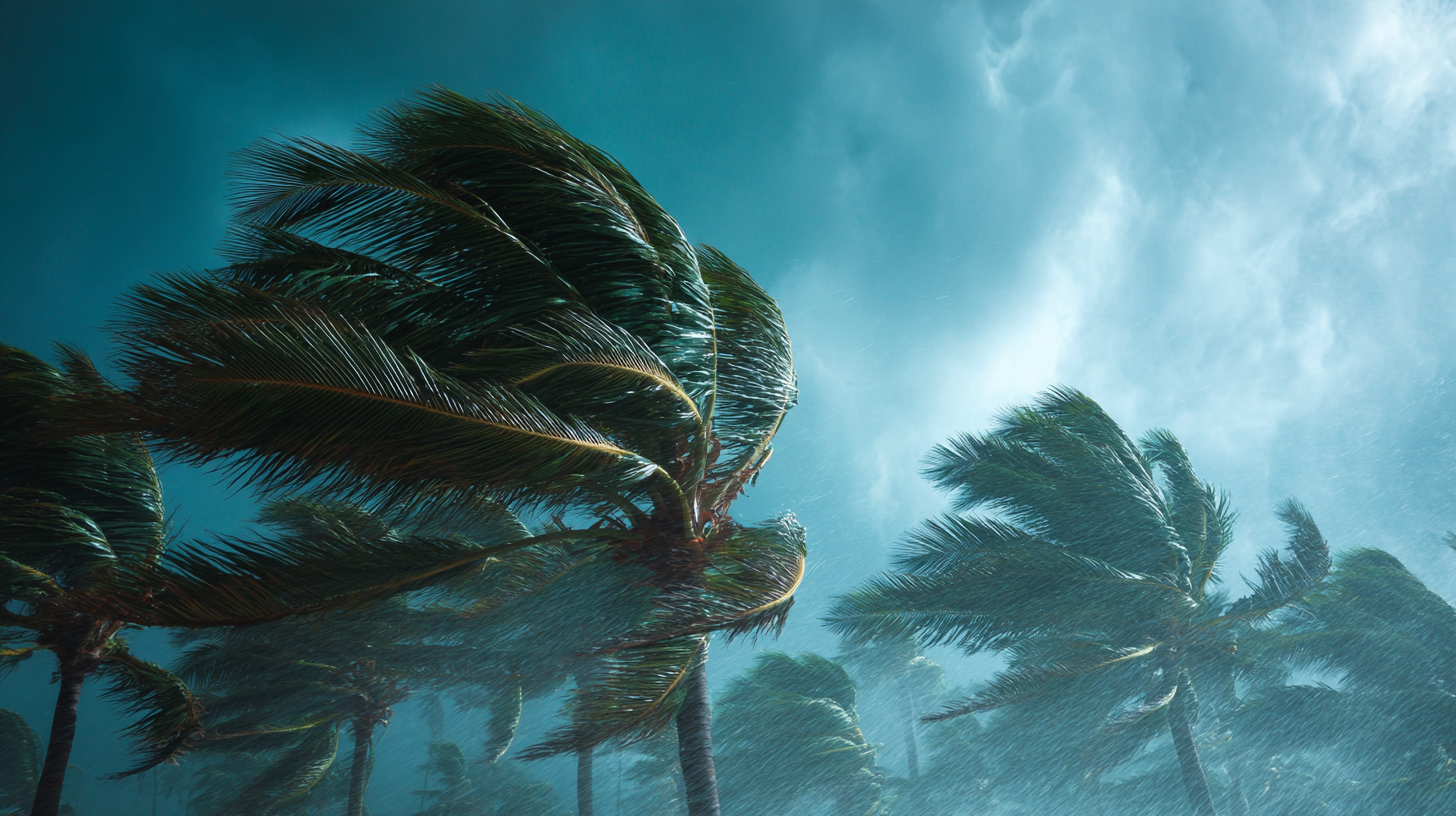
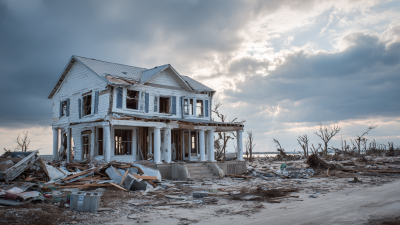

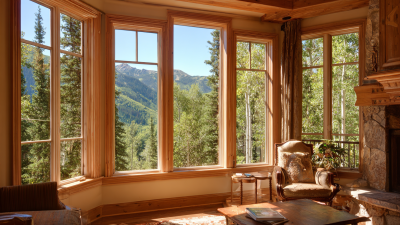
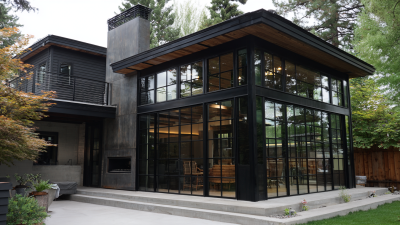



© 2025 RWC. All Rights Reserved. | Privacy Policy | Contractor’s License Number: 13VH00710200 | Sitemap | Areas Served
